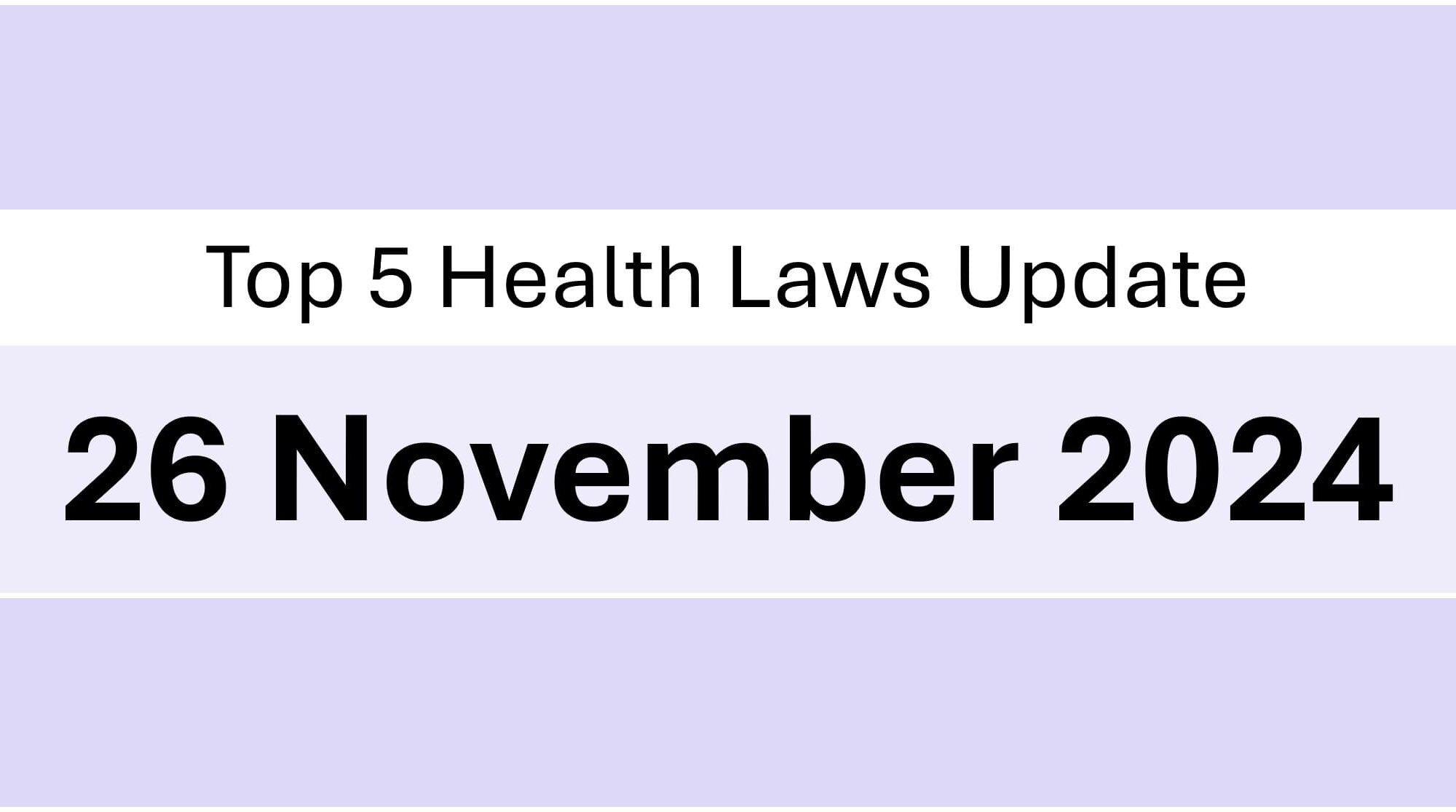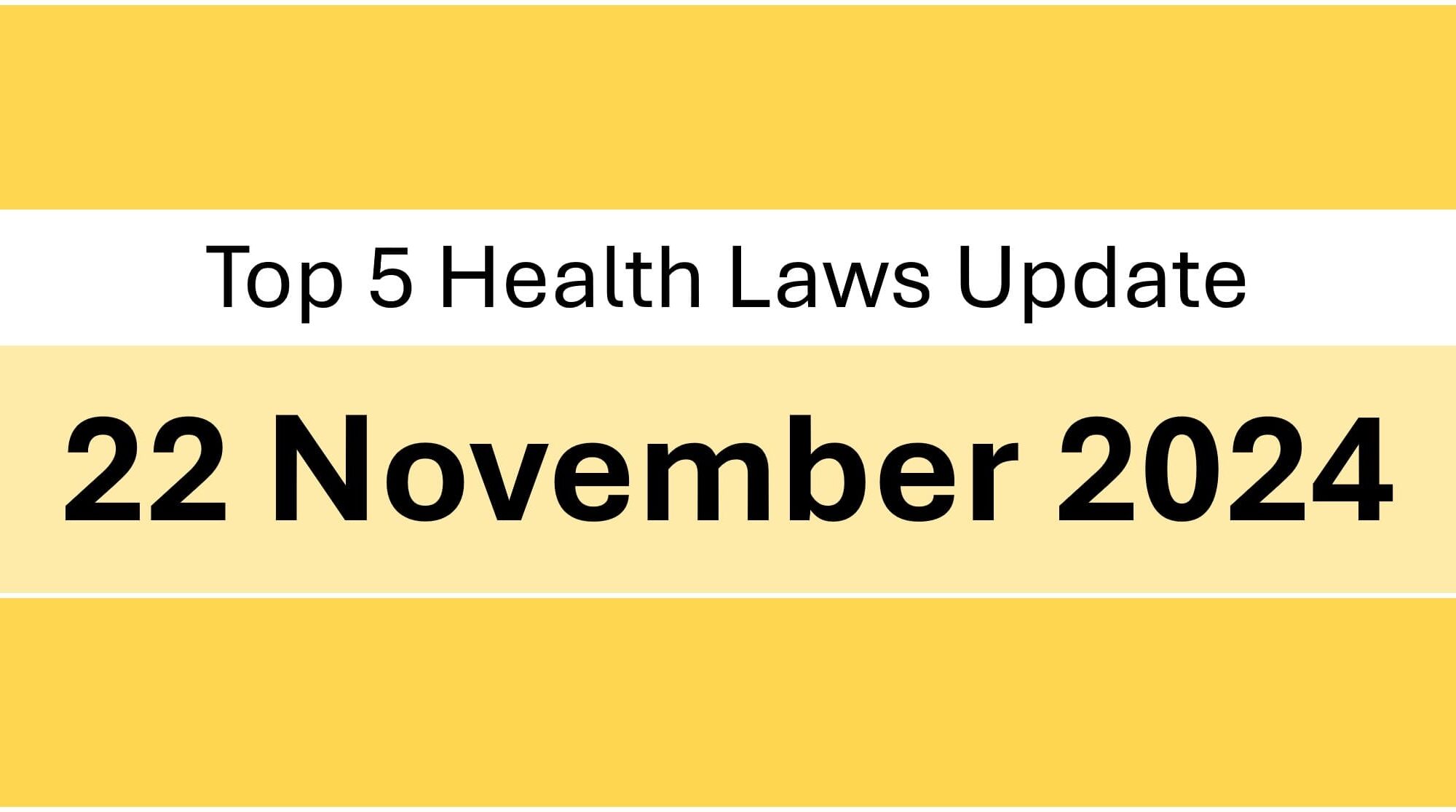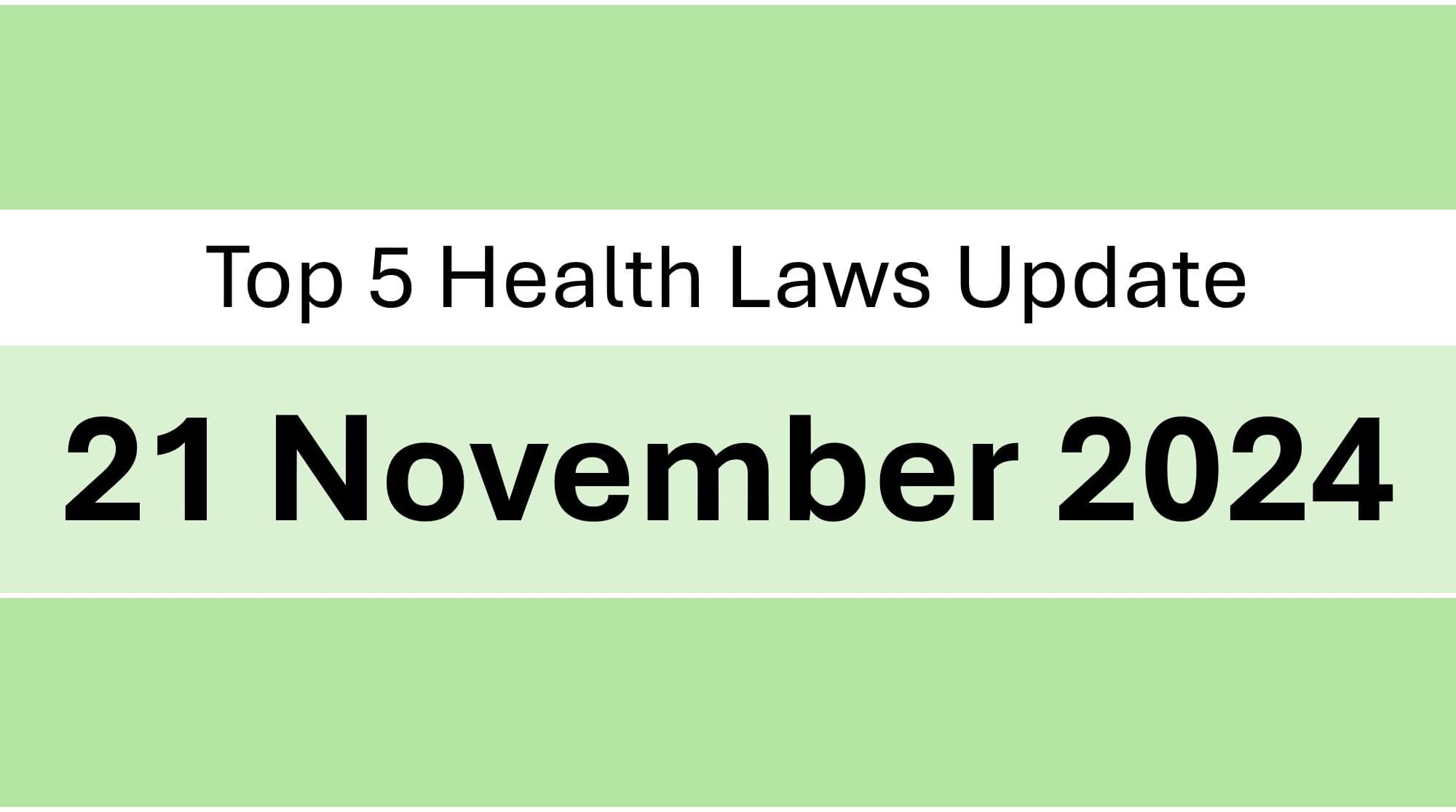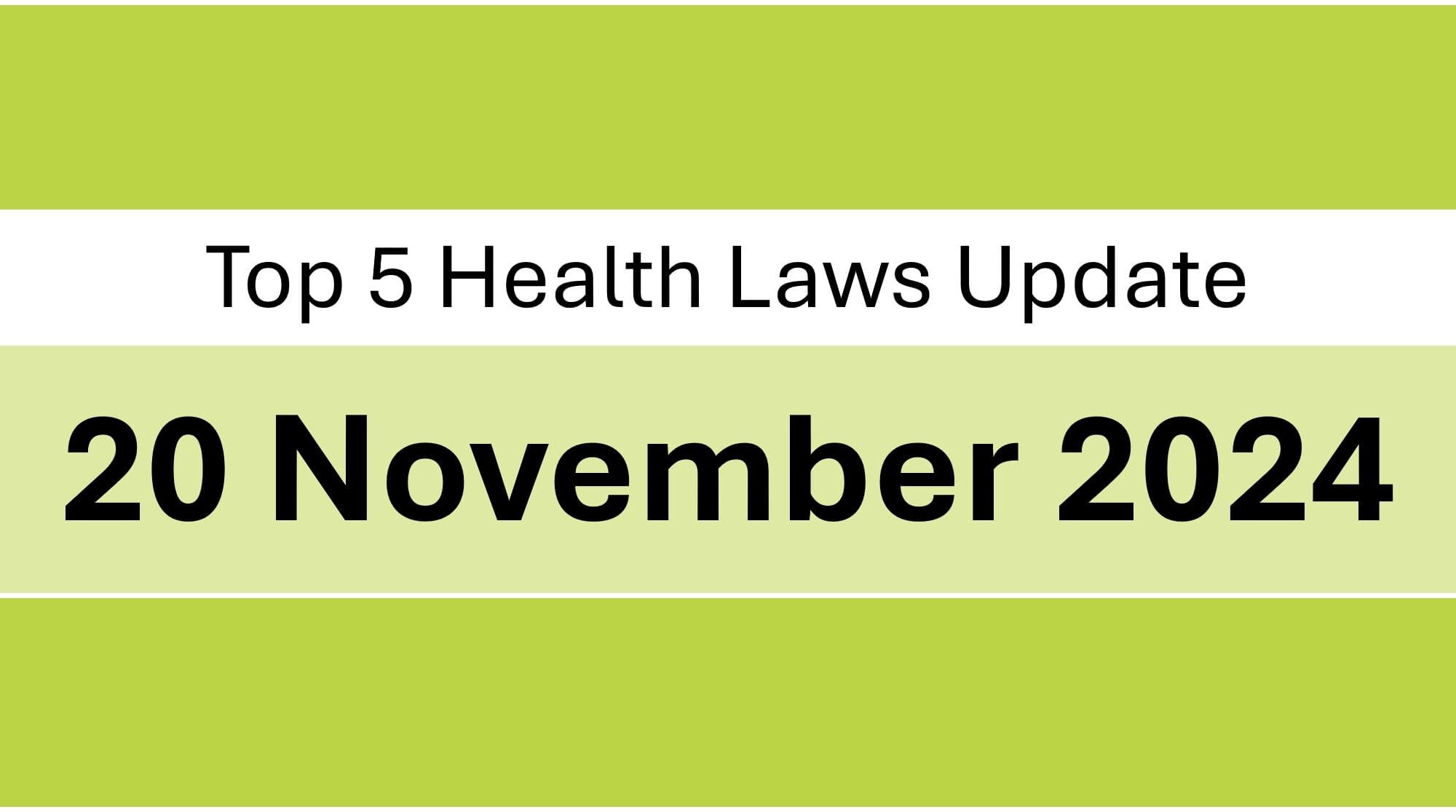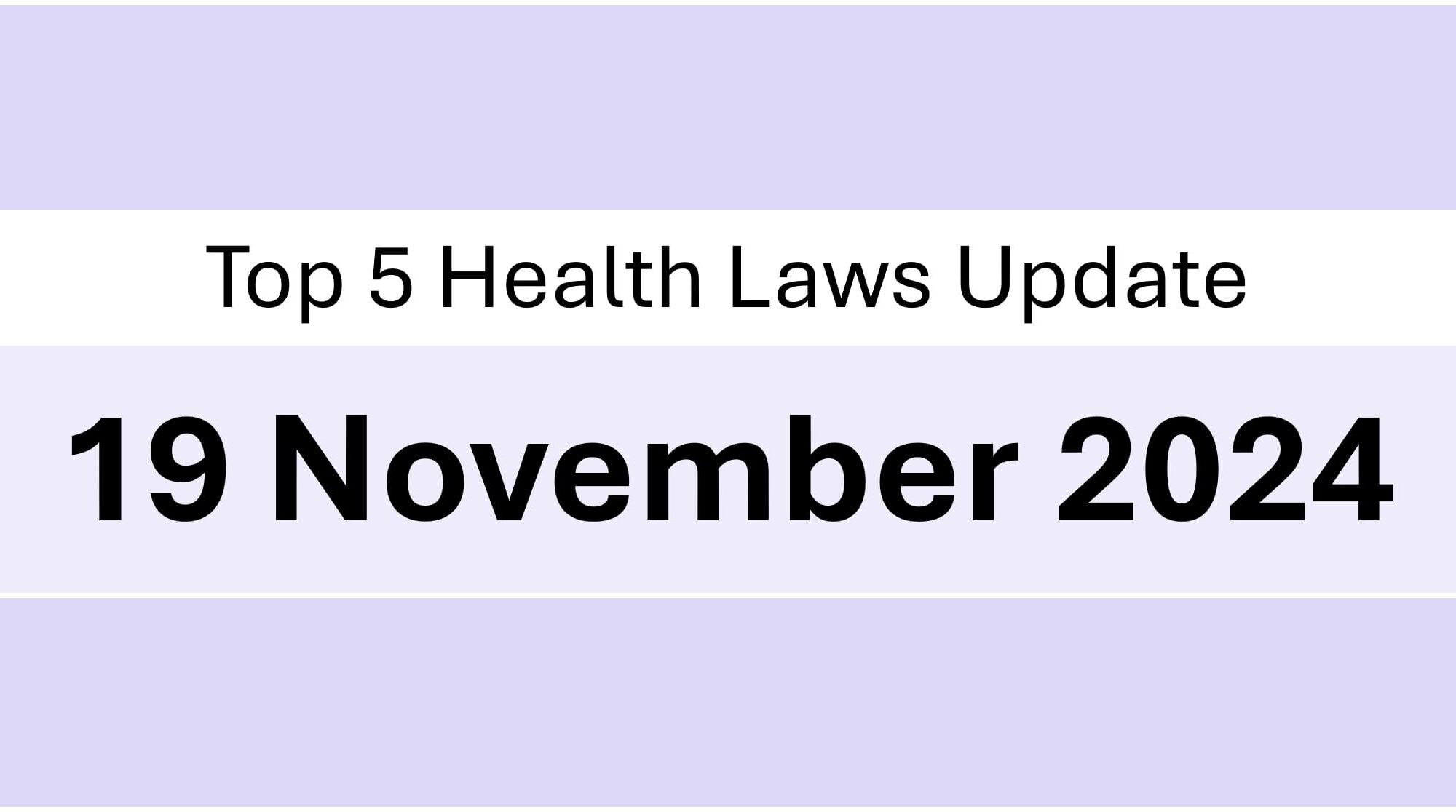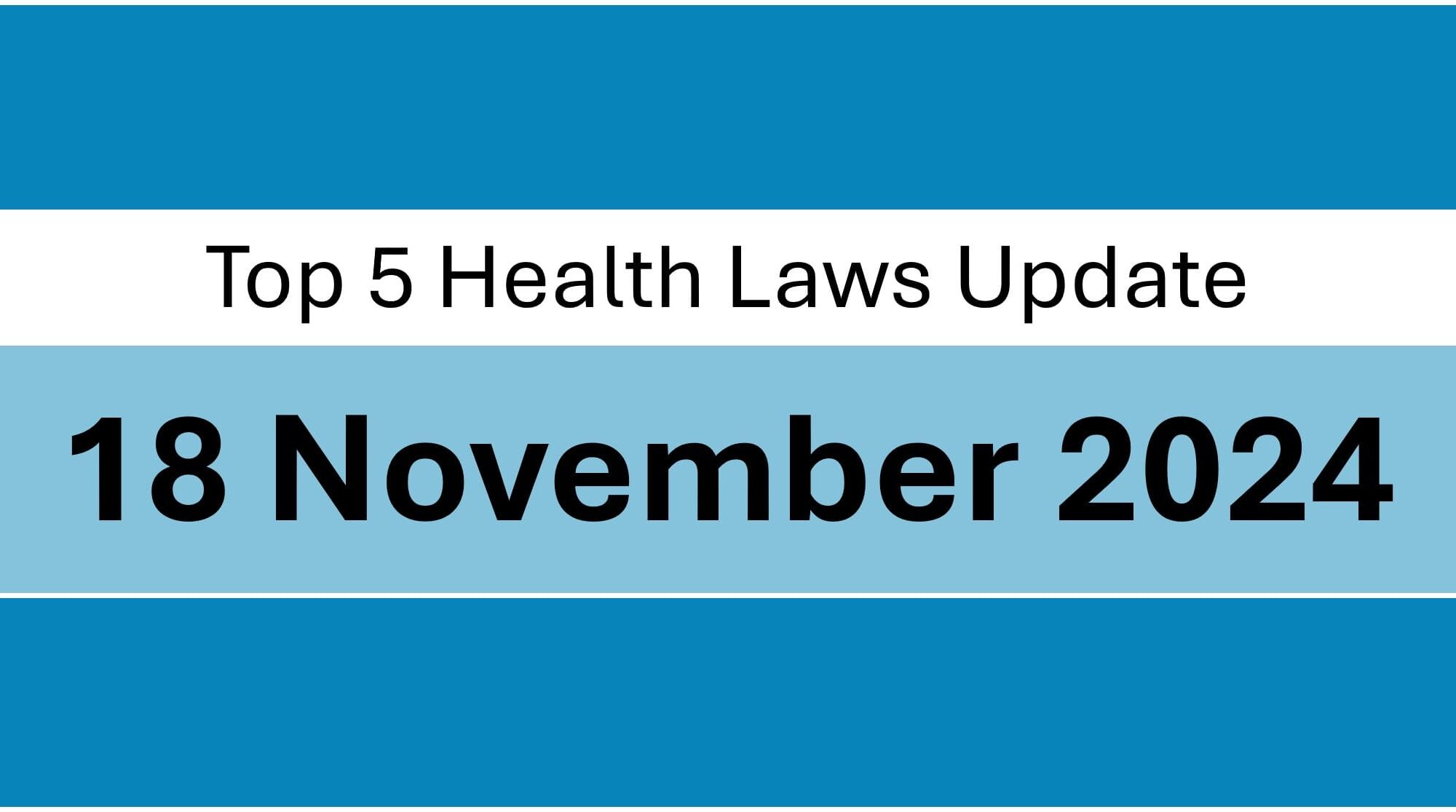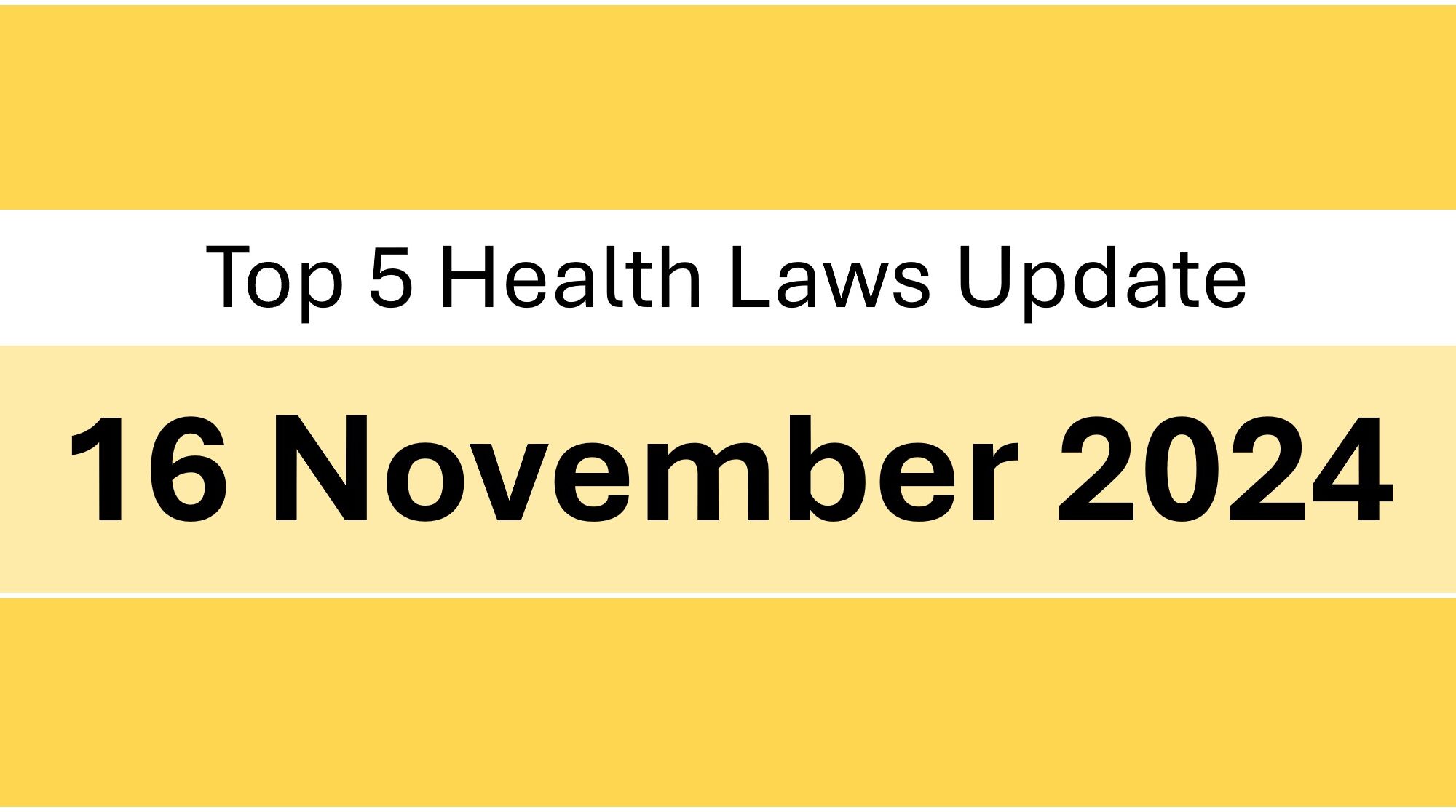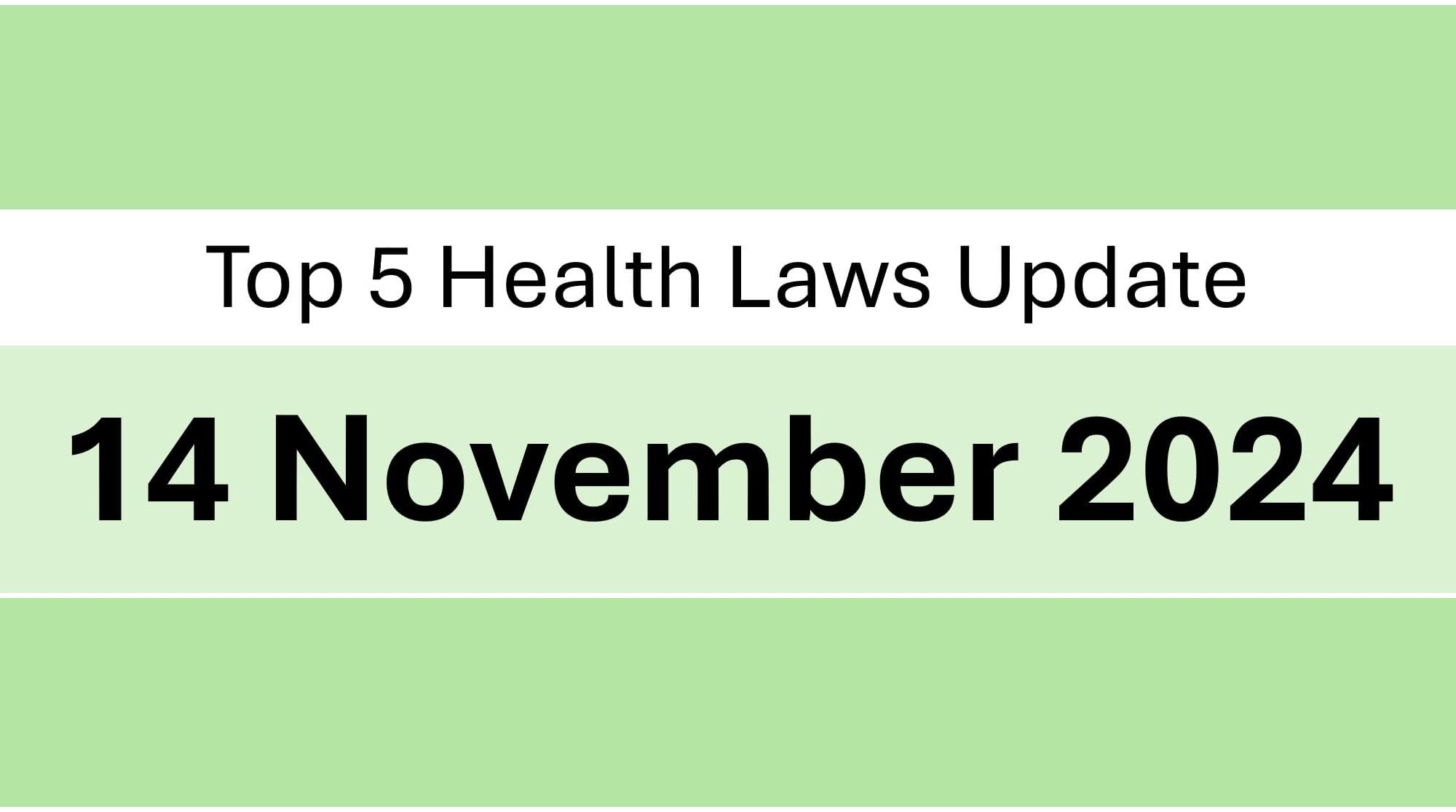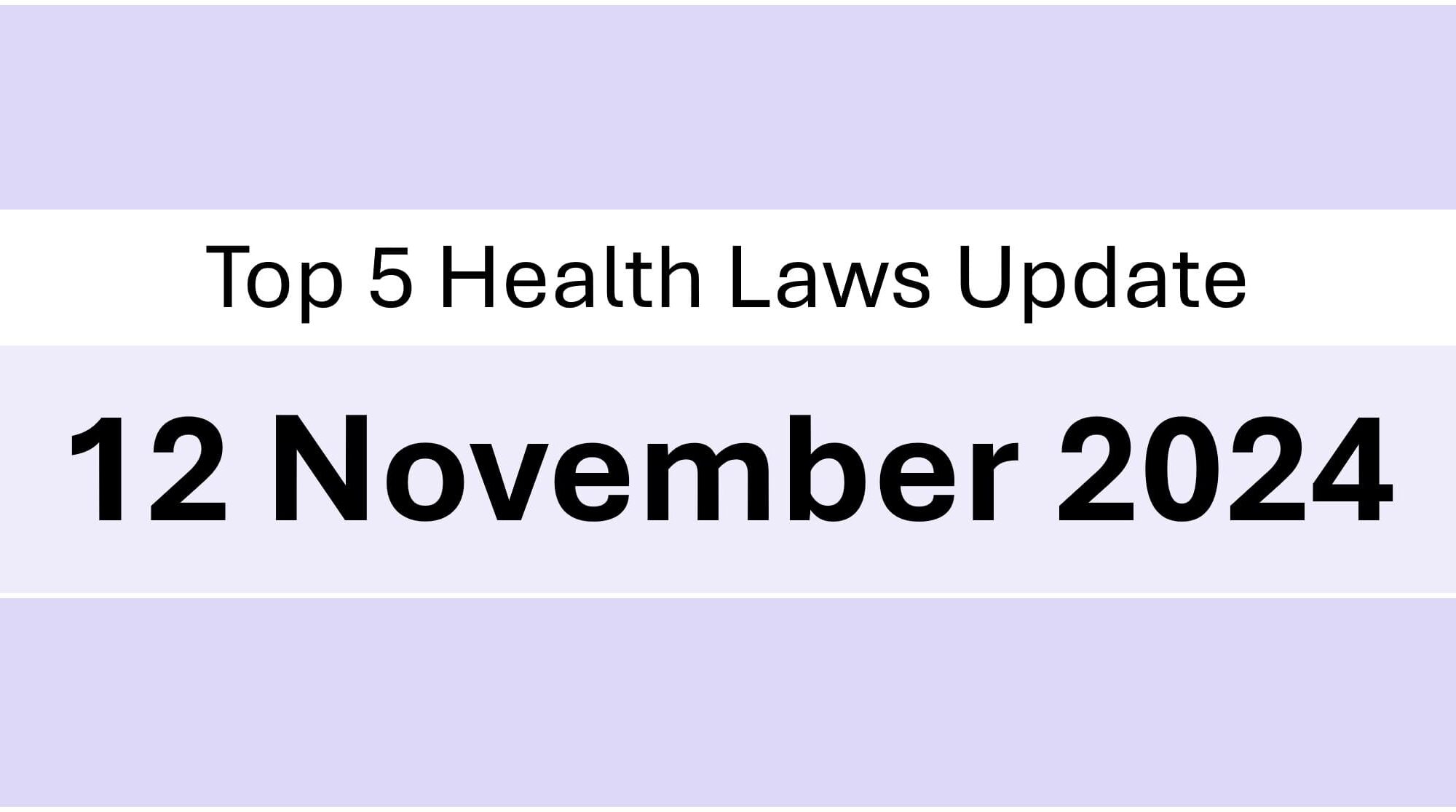Dear Readers, we are happy to share the most interesting legal and policy updates concerning health industry that we read today. we hope you enjoy reading it.
1. India’s apex food regulator, Food Safety Standard Authority of India (FSSAI), has launched an online portal “Food Import Rejection Alert (FIRA)” for alerts on food import rejections and to ensure traceability and transparency. Also, food consignments from Sri Lanka, Bangladesh, Japan, China & Turkey has been rejected as they fell short of the standards.
Source: bit.ly/49aLJIT
2. Delay in clearance of import consignments of essential components has reportedly resulted in the disruptions in the manufacture of medical devices in India.
Source: bit.ly/3OpyhHx
3. India’s National Standards Body, Bureau of Indian Standards (BIS) to reportedly prioritize development of standards for 214 critical medical devices post consultation with the Department of Pharmaceuticals (DoP). Standards set to be completed by December 2025.
Source: bit.ly/3B2ZtZJ
4. India’s Meghalaya High Court has called for ban on manufacture, marketing and use of plastic of less than 120 microns.
Source: bit.ly/3Z4VT9C
5. The US Food and Drug Administration (FDA) has announced a temporary enforcement policy to enable certain sterilization site changes for Class III medical devices that are sterilized using ethylene oxide (EtO). Affected medical device manufacturers requesting enforcement discretion must submit an “informal notification” along with certain information to FDA.
Source: bit.ly/3OpairY
Source: bit.ly/3Zpx6OT

